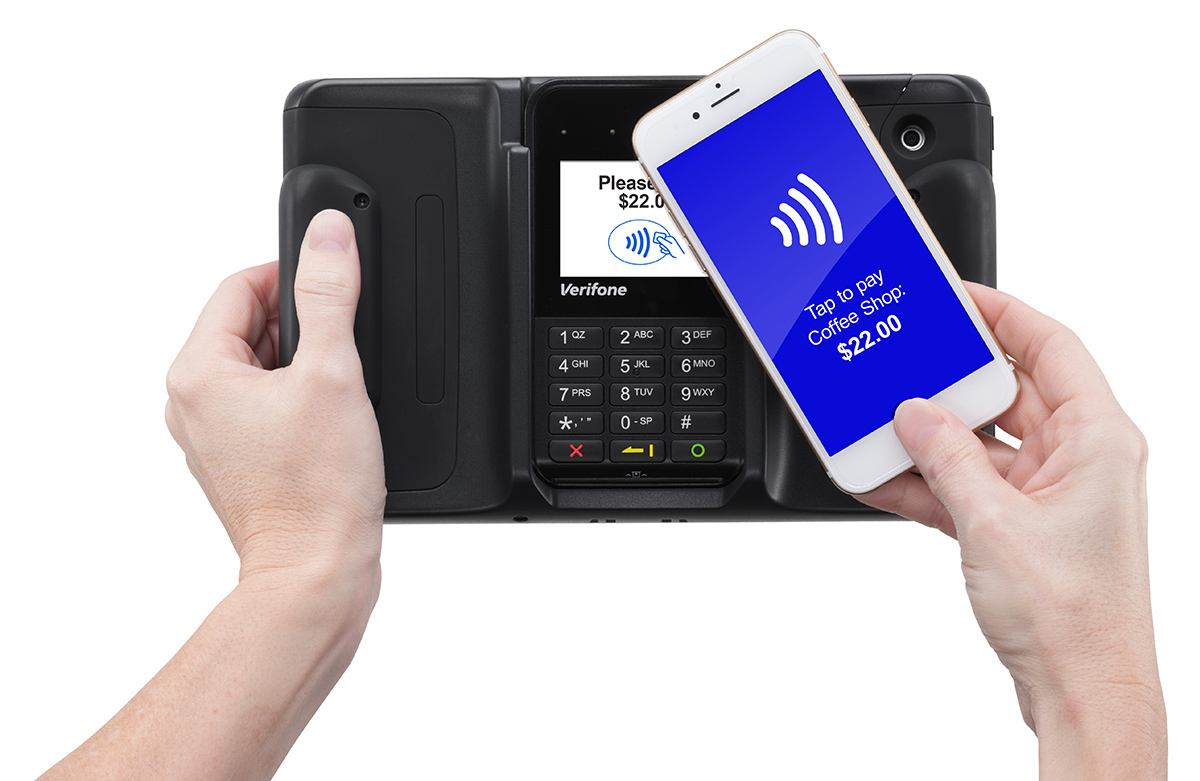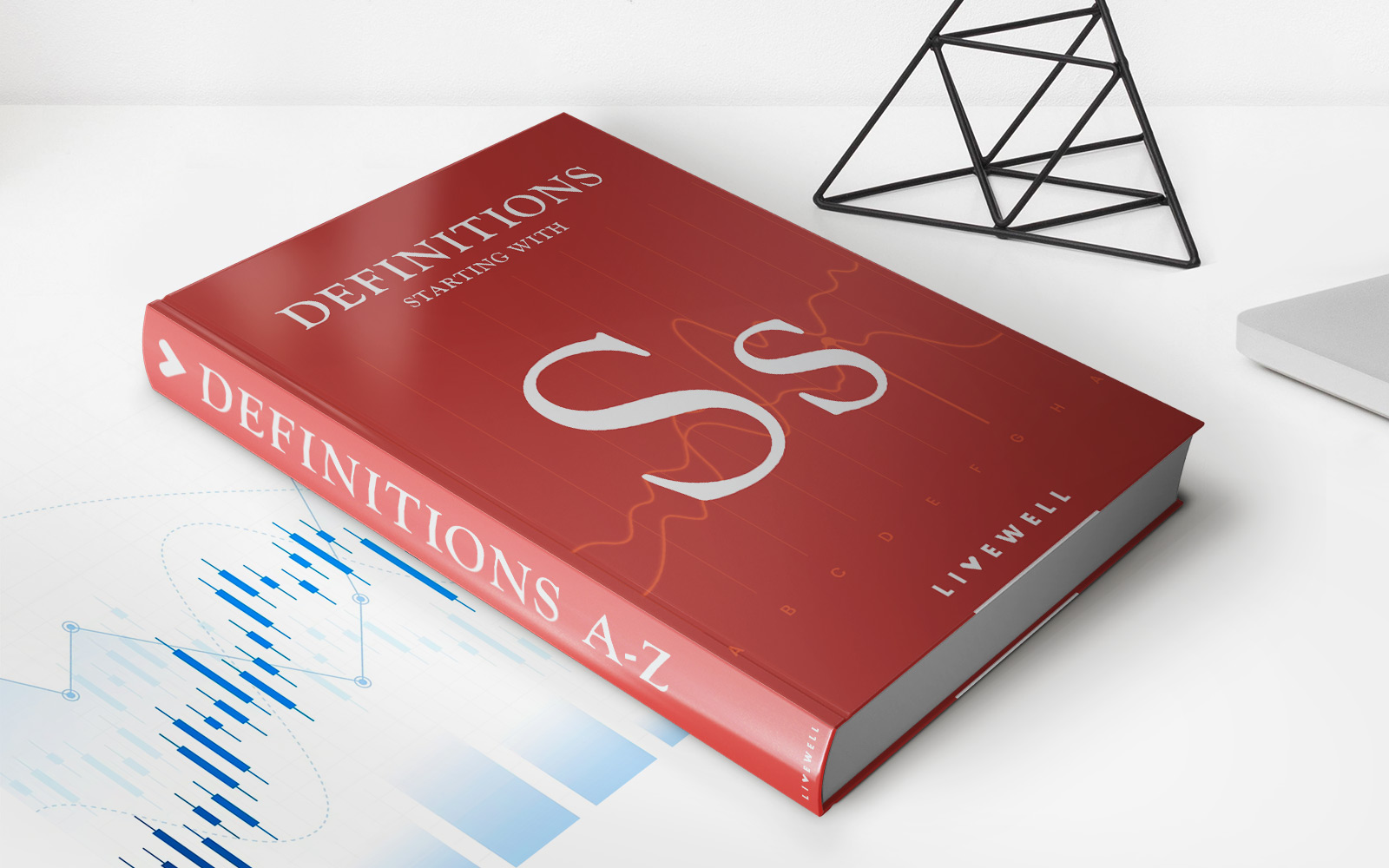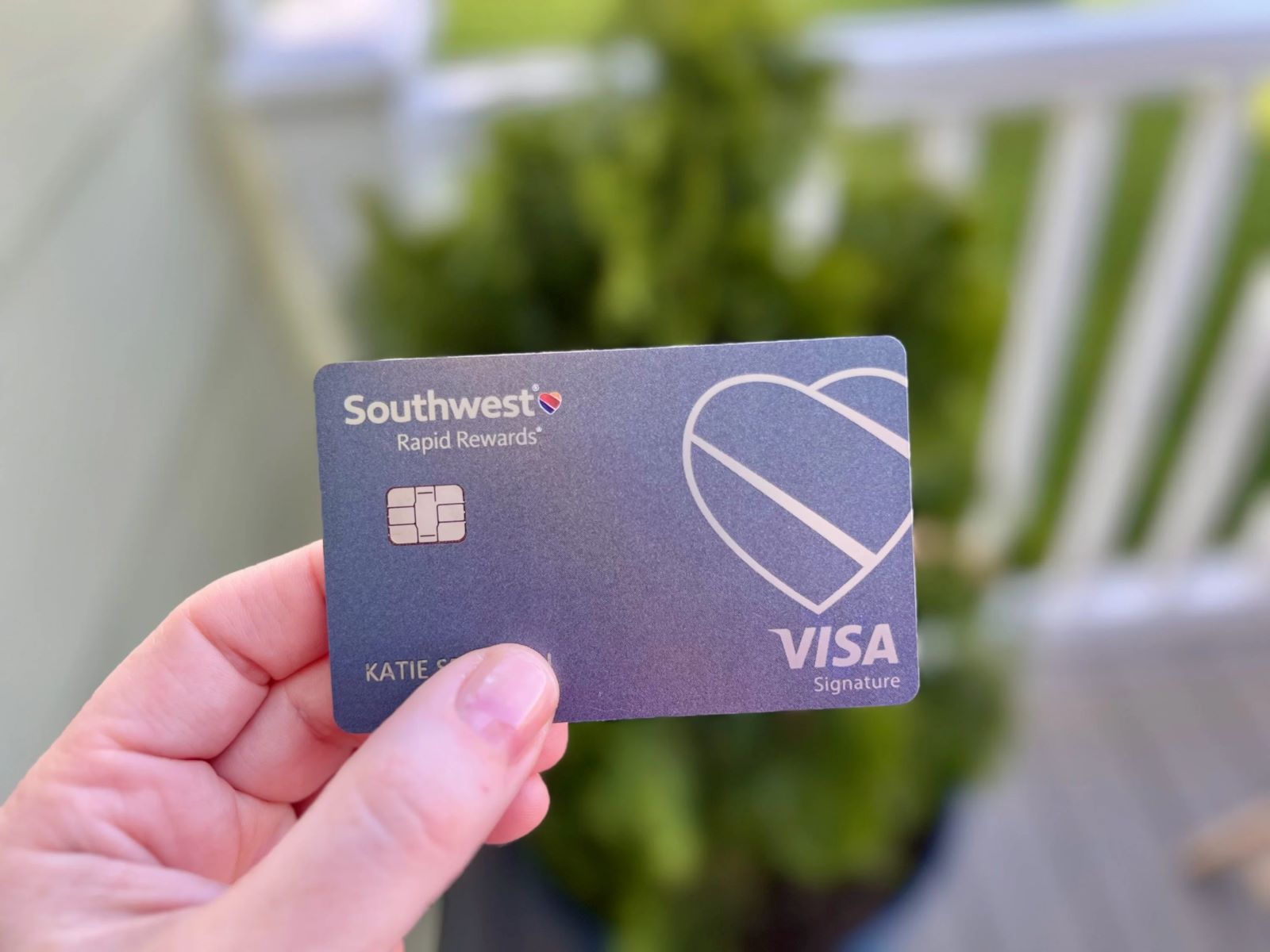Home>Finance>Maximizing Credit Card Rewards: Your Ultimate Guide


Finance
Maximizing Credit Card Rewards: Your Ultimate Guide
Modified: February 21, 2024
Unlock the secrets to maximizing credit card rewards with our guide on choosing the best cards for cash back, travel points, and exclusive discounts.
(Many of the links in this article redirect to a specific reviewed product. Your purchase of these products through affiliate links helps to generate commission for LiveWell, at no extra cost. Learn more)
Table of Contents
- Why Credit Card Rewards Matter
- Selecting the Right Credit Card for Maximum Rewards
- The Art of Earning Credit Card Points Fast
- How to Use Credit Card Points for Flights
- Strategies for Combining Cards for Every Purchase
- Maximizing Rewards Through Everyday Spending
- Navigating the World of Cash Back
- Exclusive Discounts and How to Access Them
- Conclusion
In the realm of savvy spending, getting perks from your credit card usage is akin to uncovering hidden treasure within your financial transactions. Whether you’re after cash back, travel points, or exclusive discounts, mastering how to earn credit card points fast can transform your routine purchases into a fountain of benefits. This comprehensive guide is your navigator through the lucrative landscape of credit cards, spotlighting the best credit cards for amassing rewards and sharing strategies for effectively combining cards for every purchase, ensuring you get perks with every swipe.
Why Credit Card Rewards Matter
In an era where digital payments are king, credit cards do more than just offer convenience. They’re a gateway to how to get free money on my credit card, stretching every purchase further. From groceries to gas stations, every transaction can potentially feed into a larger reward pool, offering you a slice of financial freedom with each swipe.
Selecting the Right Credit Card for Maximum Rewards
Choosing the right credit card is paramount in your journey to amass rewards. Here’s how to pinpoint the best credit cards for your wallet:
- Understand Your Spending Habits: Align your card choice with where you spend the most money. Whether it’s dining, travel, or everyday purchases, there’s a card that caters to each category.
- Rewards Rate: Look for cards that offer high rewards rates in your primary spending categories.
- Sign-Up Bonuses: Many cards offer sign-up bonuses that can be a significant rewards boost if the spending requirements align with your budget.
- Annual Fees: Weigh the benefits against the cost. In many cases, the rewards and perks can far outweigh the annual fee.
The Art of Earning Credit Card Points Fast
To turbocharge your rewards earnings, consider these strategies:
- Sign-Up Bonuses: Meeting the initial spend requirements for sign-up bonuses is a fast track to accumulating points.
- Category Bonuses: Utilize cards that offer higher points on specific categories relevant to your spending.
- Shopping Portals: Many credit card issuers offer shopping portals that multiply the points you earn when you shop online.
How to Use Credit Card Points for Flights
Travel enthusiasts, rejoice! Your accumulated points can unlock new horizons. Here’s a brief on how to use credit card points for flights:
- Transfer Points: Some cards allow you to transfer points to airline loyalty programs, often at a favorable rate.
- Book Through Credit Card Travel Portals: Many issuers have their own travel portals where points can be worth more when booking flights.
Strategies for Combining Cards for Every Purchase
Maximizing your rewards is not just about having the right cards but knowing how to use them together effectively. Here’s how:
- Use Multiple Cards: Carry a mix of cards that offer high rewards in different categories. Use each card for purchases that fall into its highest reward category.
- Understand the Reward Caps: Some cards have a maximum on the amount of rewards you can earn in specific categories. Plan your spending to avoid hitting these caps too early in the year.
- Leverage the Benefits: Beyond points, cards offer various protections, warranties, and insurances. Use the card that offers the best additional benefits for each purchase.
Maximizing Rewards Through Everyday Spending
Everyday spending is an untapped resource for earning rewards. Implement these tactics to ensure you’re getting the most out of every transaction:
- Bill Payments: Pay your bills with your credit card when possible, ensuring you’re earning rewards on those necessary expenditures.
- Dining and Entertainment: Use a card that offers high rewards on dining and entertainment for those nights out and subscription services.
- Grocery Shopping: Groceries are a significant expense for many, so using a card that offers increased rewards at supermarkets can add up quickly.
Navigating the World of Cash Back
For those who prefer simplicity and immediate value, cash back is an attractive option. It translates your spending into direct monetary rewards, reducing your credit card bill or offering statement credits. To maximize cash back:
- Choose the Right Card: Opt for a card that offers a high cash back rate on your most common purchases.
- Take Advantage of Rotating Categories: Some cards offer higher cash back on rotating quarterly categories. Activate these offers and plan your spending accordingly.
Exclusive Discounts and How to Access Them
Credit cards can be your ticket to exclusive discounts and offers. Many cards partner with retailers, travel companies, and service providers to offer cardholders unique savings and perks. Keep an eye on your card’s offers section and sign up for promotional emails to stay informed about these opportunities.
Conclusion
In the bustling market of credit cards, there’s a wealth of opportunities to earn rewards on every purchase. By carefully selecting the best credit cards, strategizing your spending, and combining the use of multiple cards, you can maximize your rewards and enjoy the perks of savvy financial management. Whether it’s flying to your dream destination using points or enjoying the simplicity of cash back, the world of credit card rewards is ripe for the taking. Embrace these strategies, and watch your rewards multiply, turning everyday spending into a rewarding adventure.














